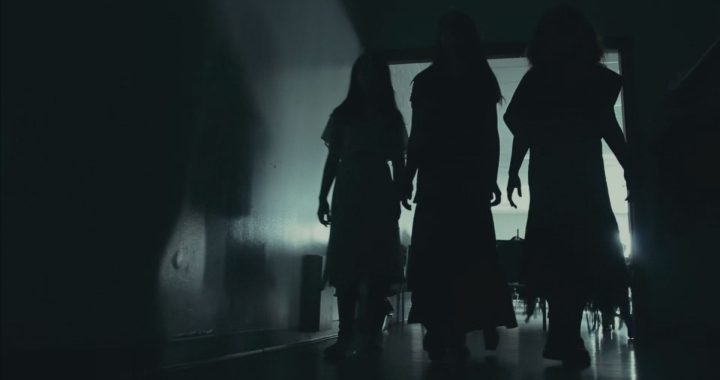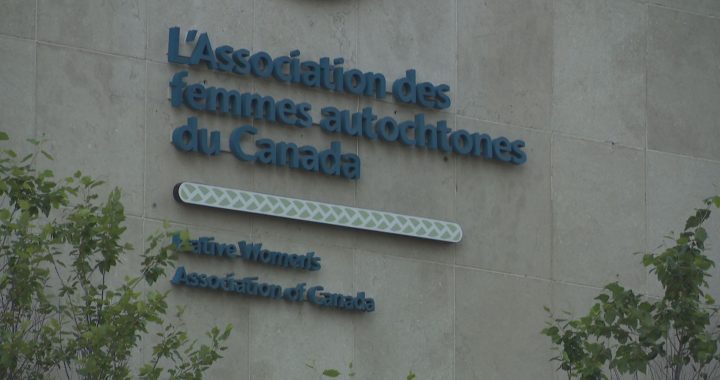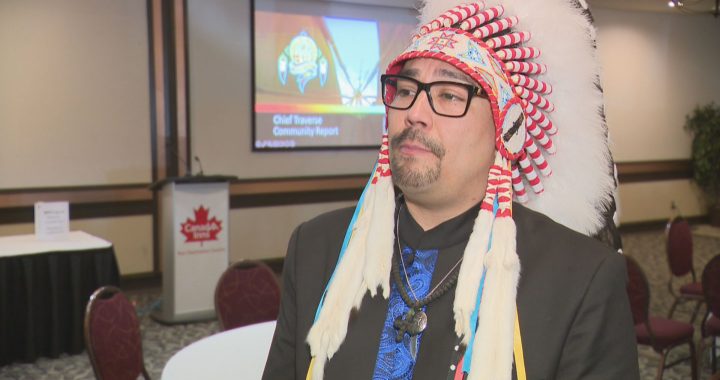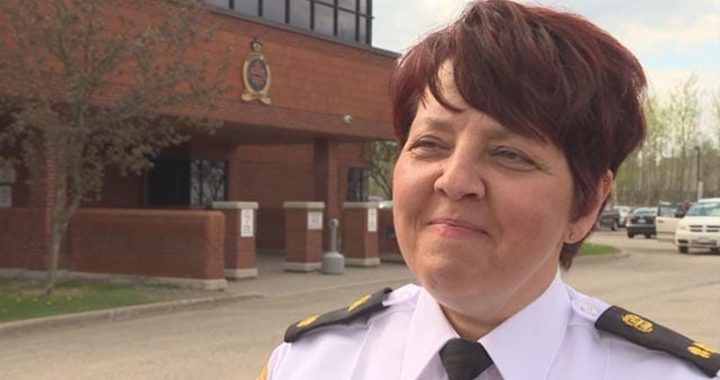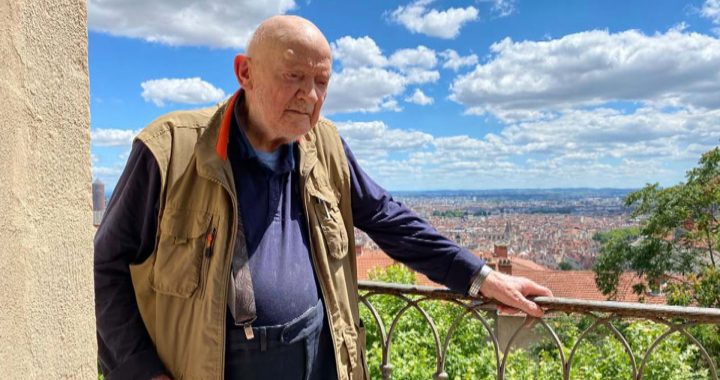A new Indigenous language podcast project by the First Nations University of Canada is aiming to turn the tide for Indigenous languages across the country.
It’s called Pikiskwewin, which means language in Cree.
The project was launched after the university’s Indigenous Communication Arts program secured a federal grant to help preserve, interpret, and revitalize Indigenous languages.
Felicia Dewar, the project director of marketing and design with the university, said it’s critical to do this now.
“Language is intrinsically connected to our culture and more importantly, to our identity, and I think about different phrases and words and how they don’t necessarily have that direct translation in English,” she told APTN News. “You’re losing the meaning even.
“There’s a number of languages-for example we’ve had difficulty finding Nakoda and Lakota fluent speakers. Those are two in Saskatchewan where that language is almost gone.”
The podcast from the First Nations university features teachers and language keepers covering a wide range of topics.
A team member of the Pikiskwewin project related a story of watching the show on YouTube with her Michif grandmother who was laughing and happy to hear her language being spoken.
“We have one that’s talking about prayers, so we have so far two episodes up. One is a morning Cree prayer, one is a morning Michif prayer. We have another Michif podcast speaking with elders off of highway 155 in Saskatchewan there, we’ve got one on food sovereignty in Dakota which I think is just fantastic,” Dewar said.
“We also have one in the works that’s gonna be basically similar to a Dear Abby, with romance questions, and that kind of thing that should be a lot of fun, and we have one that we’ve posted on parenting in Saulteaux, so traditional Saulteaux parenting.”
Dewar said many of the podcasters have never even listened to a podcast and the university offers training to help them with things like doing interviews, to more technical help with recording and producing a podcast.
Dewar said the vision for the project is revitalized Indigenous languages and culture for the next seven generations.
“I really see this as a legacy for the folks that are doing this work and creating these podcasts, it’s a legacy for them, not just for their community but for the upcoming generations,” she said.
People can listen to the first podcasts at pikiskwewin.ca. People can also reach out to the university if they have an idea for a podcast they’d like to do.
According to the United Nations Educational, Scientific and Cultural Organization (UNESCO), 75 per cent of the 90 Indigenous languages in Canada are at risk of being lost.




